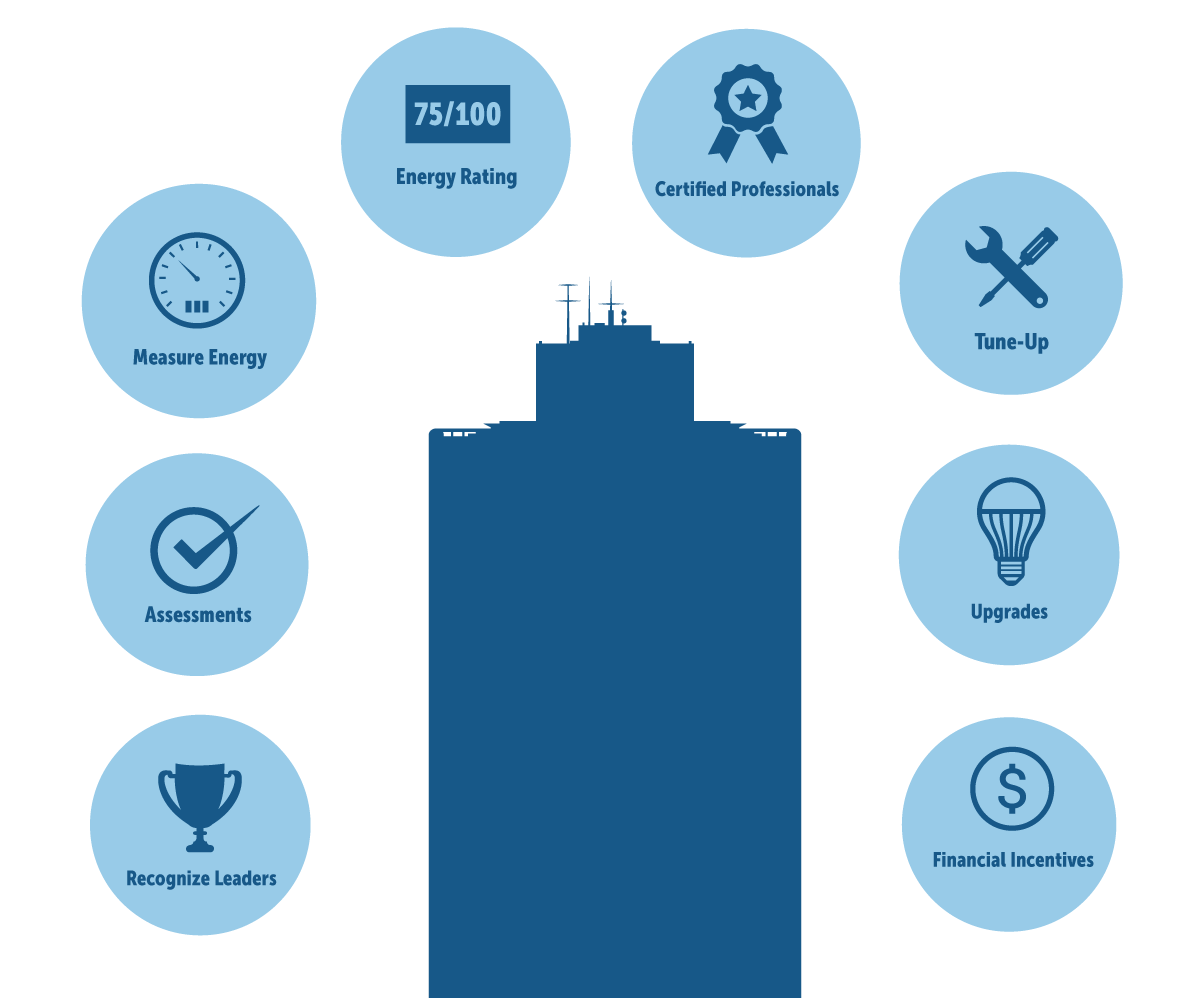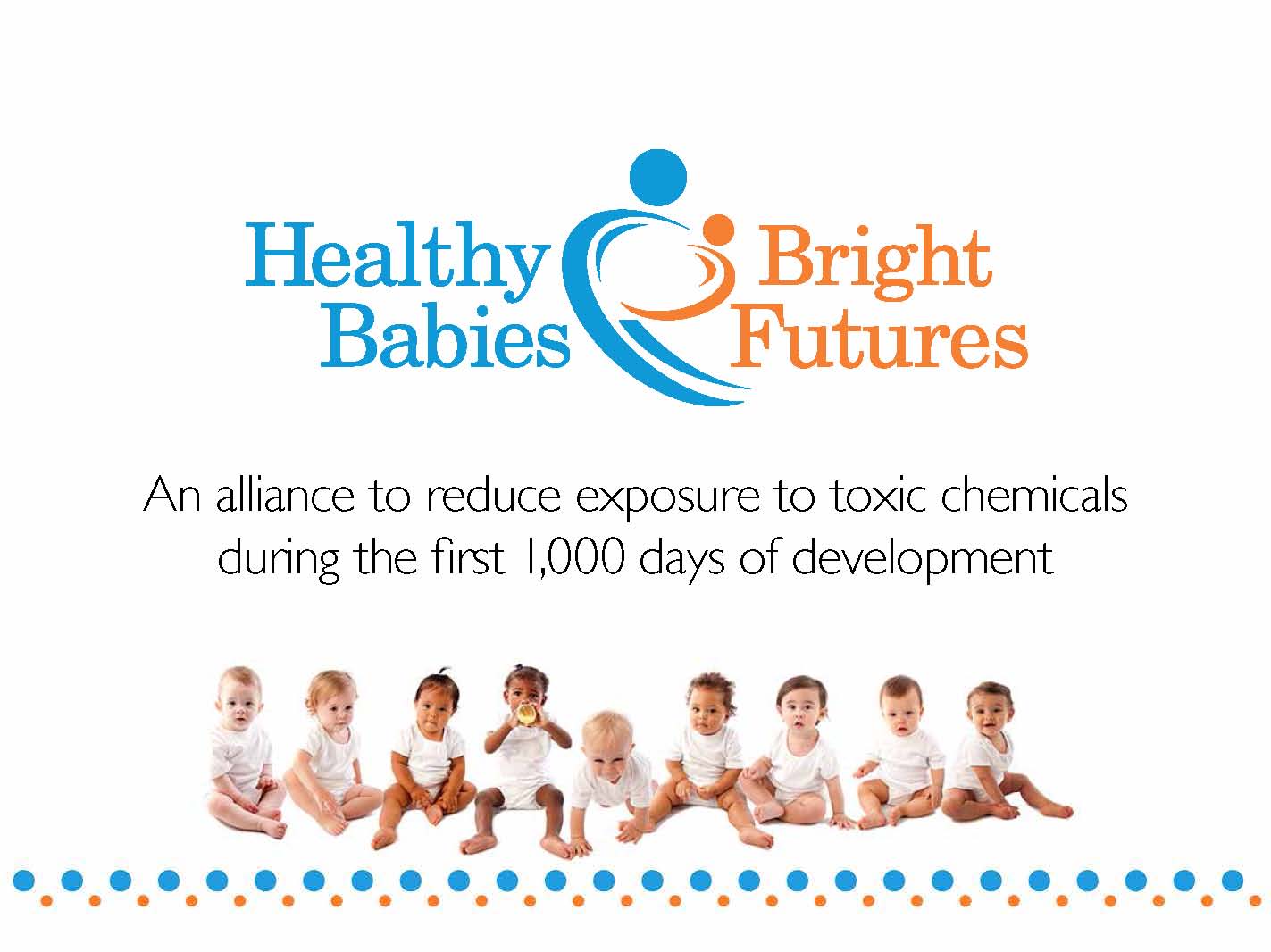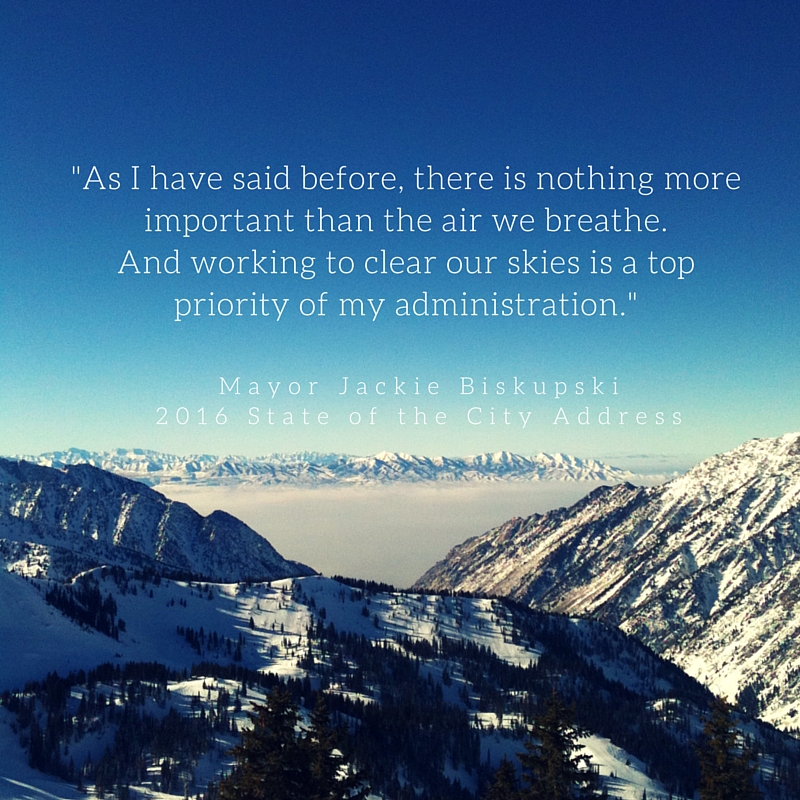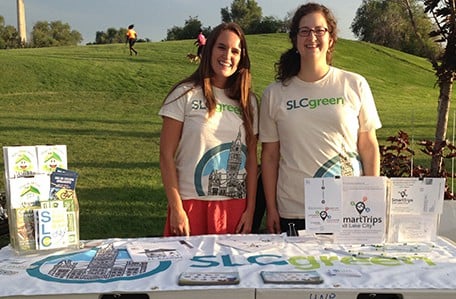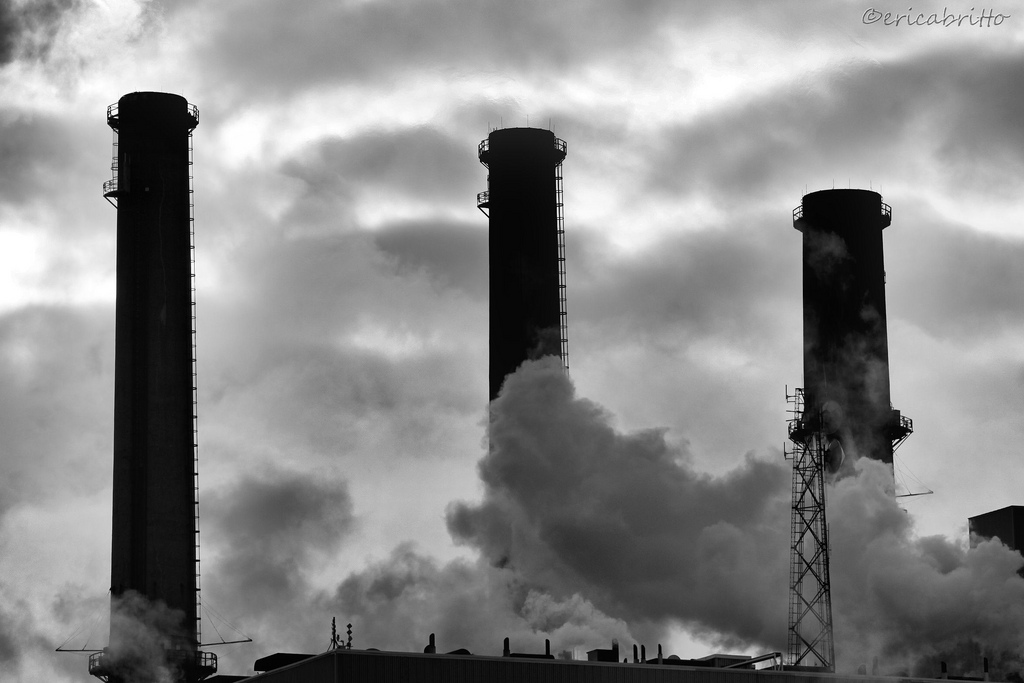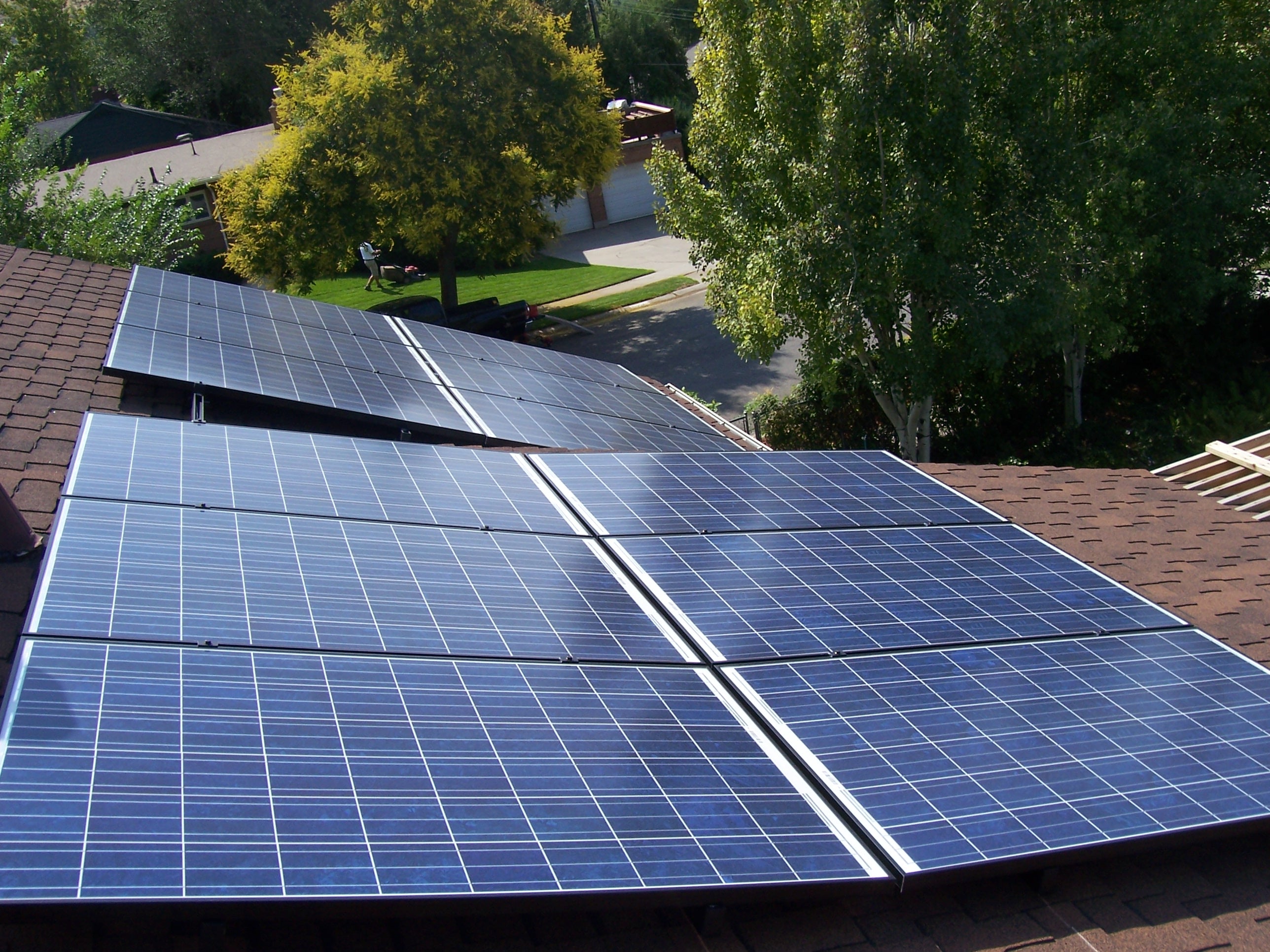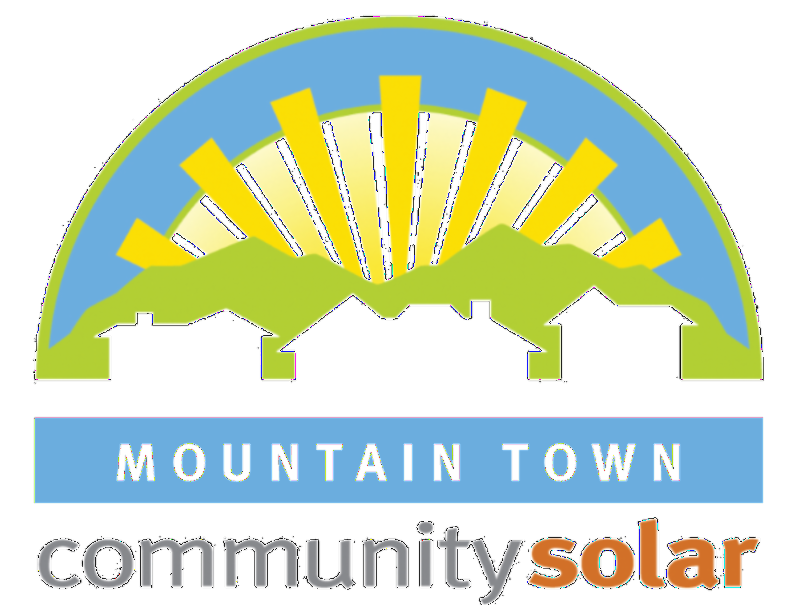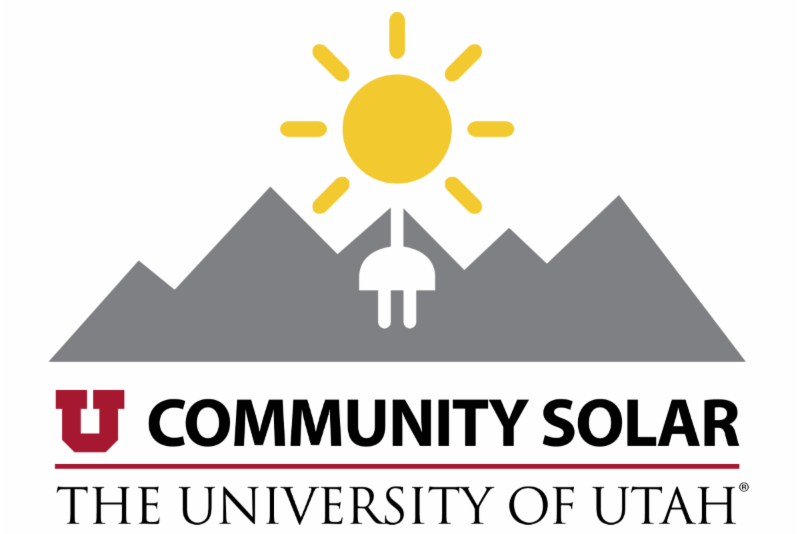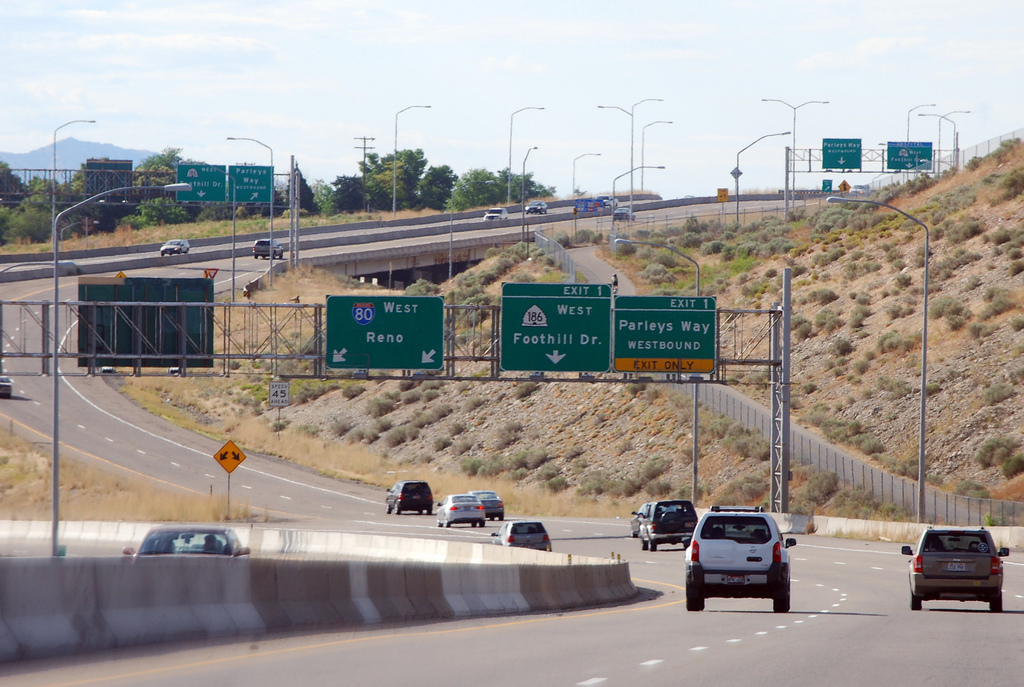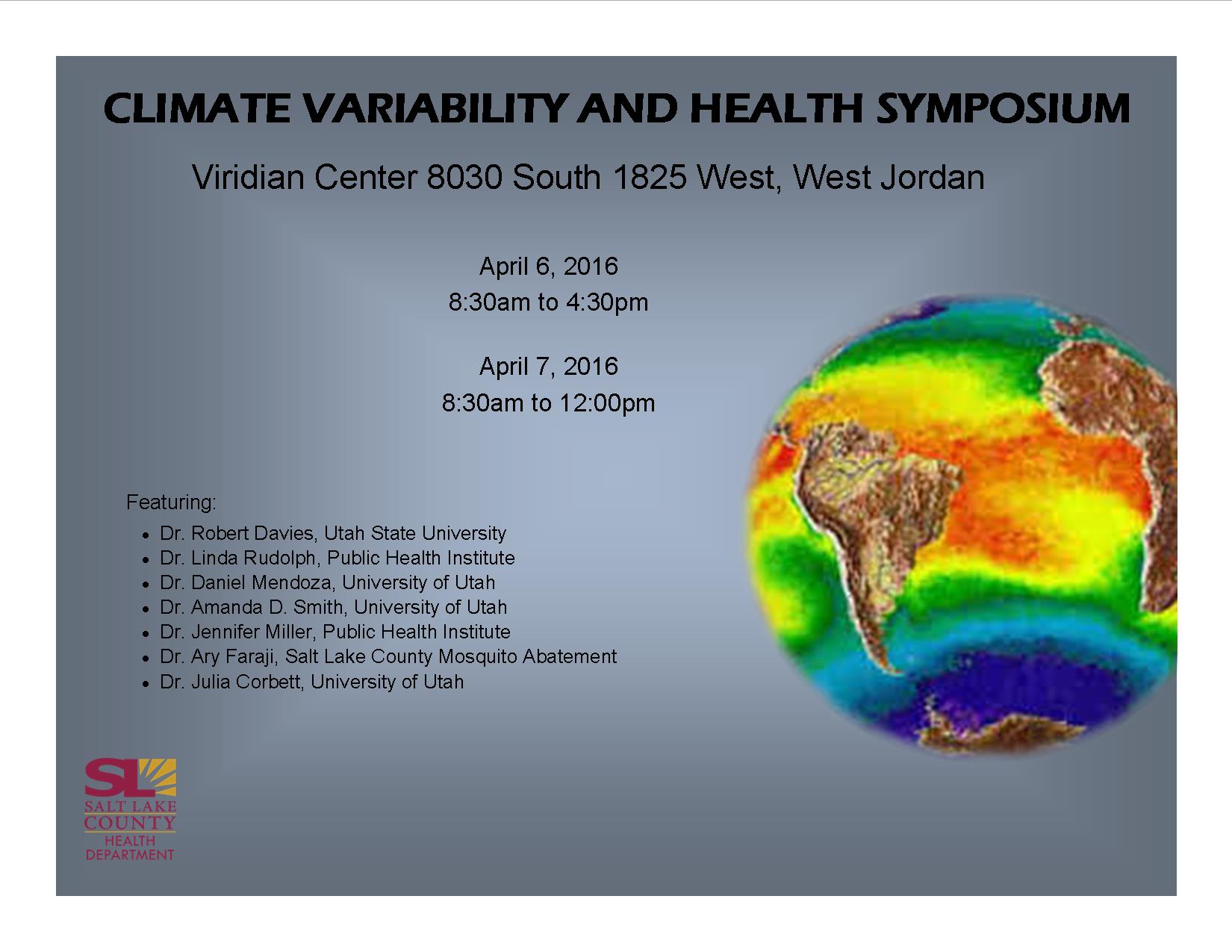The American Lung Association just released their 2016 State of the Air report which compares the air quality in cities across the nation. Unfortunately the report shows that the Salt Lake City area has moved from #7 to #6 on the list of “most polluted” cities. That’s bad news!
Poor air quality is now recognized as an urgent public health and economic development issue, which threatens continued growth of local businesses and relocation of residents and businesses to the City. In addition to being energy efficient in our homes, improving energy efficiency in our big buildings plays an important role in contributing to cleaner air.
The good news is that making our buildings more efficient is a key strategy to help reduce local air pollution and carbon emissions that contribute to climate change. Building efficiency investments also save money by reducing utility costs, keeping money in our local economy. As Utah’s Capitol City, Salt Lake City is committed to leading by example by implementing building efficiency best practices in our municipal facilities. Salt Lake City municipal departments regularly evaluate and implement energy-saving best practices in all major City facilities.
Salt Lake City wants input from residents and local businesses about what kind of new programs and policies the City should pursue to help reduce the pollution that stems from commercial buildings across the City. On Open City Hall we’ve outlined some common best-practices for increasing energy efficiency in buildings. Learn more and share your feedback here! Let’s clean up our air together!

